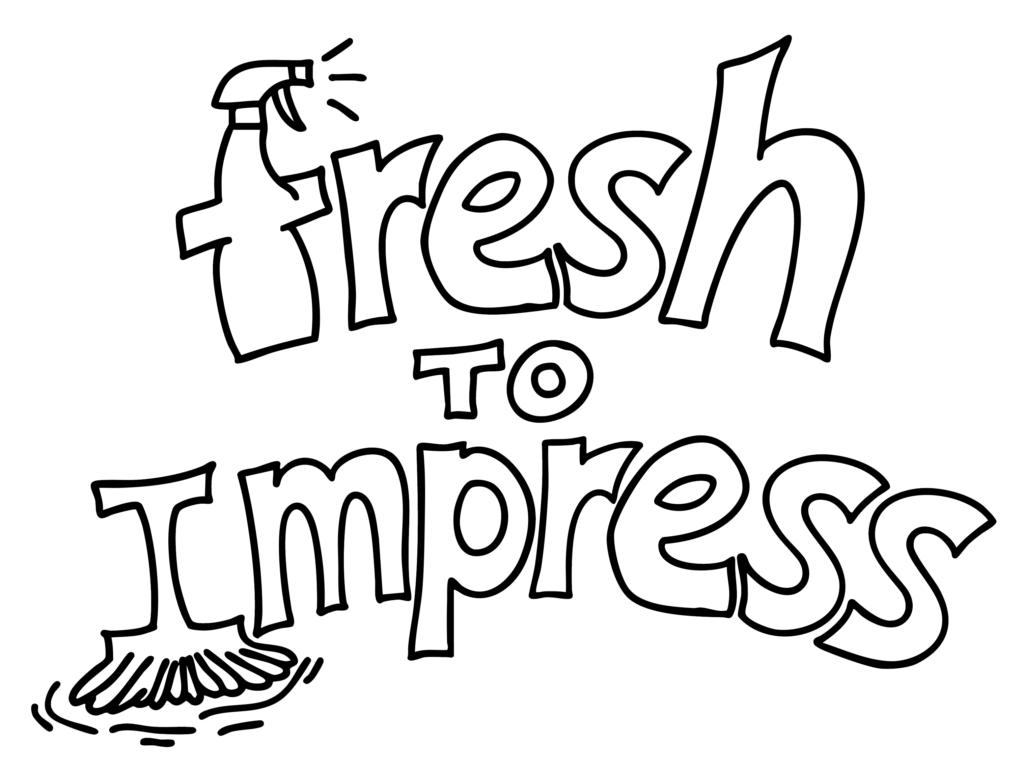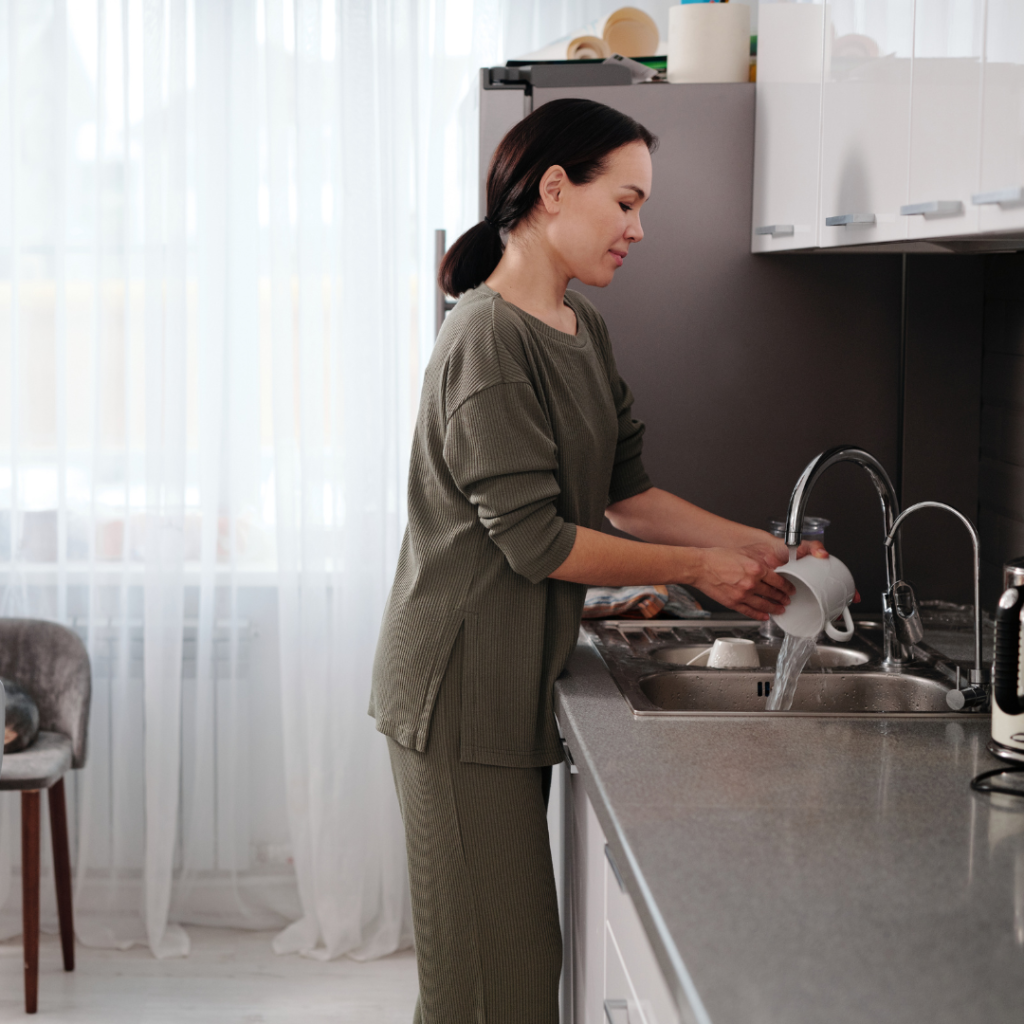Hard water stains can be a frustrating sight, especially on glass shower doors, faucets, sinks, and tiles. These stains occur when mineral deposits, such as calcium and magnesium, are left behind as water evaporates. Over time, these deposits can build up and create stubborn marks that are difficult to remove. Luckily, with a few simple steps and household products, you can easily tackle those hard water stains and restore your surfaces to their original shine.
1. White Vinegar: The Natural Cleaner
White vinegar is one of the most effective and eco-friendly ways to remove hard water stains. Its acidic properties break down the minerals in the stains, making it an excellent option for cleaning.
To use white vinegar:
-
Soak a clean cloth or paper towel with white vinegar and place it over the stained area.
-
Let it sit for about 30 minutes to allow the vinegar to loosen the mineral deposits.
-
Afterward, scrub the surface with a soft brush or sponge to remove the stains. For stubborn stains, you can repeat this process or leave the vinegar on longer.
-
Rinse thoroughly with water and wipe dry with a clean cloth.
2. Baking Soda Paste: Gentle Abrasive for Tough Stains
Baking soda is a gentle abrasive that can help lift stubborn stains without scratching delicate surfaces. When combined with vinegar or water, it forms an effective paste that can scrub away the toughest hard water marks.
To make a baking soda paste:
-
Mix three parts baking soda with one part water to form a thick paste.
-
Apply the paste directly onto the stained surface and gently scrub with a sponge or cloth.
-
For better results, use a combination of baking soda and vinegar. First, apply the vinegar to the stains, then sprinkle the baking soda over the area and scrub.
-
Rinse thoroughly with water and wipe dry.
3. Commercial Hard Water Stain Removers
If natural methods don’t work or if you prefer a quicker solution, there are many commercial products available designed specifically for removing hard water stains. These cleaners typically contain stronger acids or other ingredients that help dissolve mineral deposits. Be sure to read the label for any specific instructions, and always wear gloves to protect your hands.
4. Lemon Juice: The Gentle Alternative
Lemon juice is another natural alternative that works similarly to vinegar. The citric acid in lemons helps to dissolve mineral deposits without being too harsh on surfaces.
To use lemon juice:
-
Cut a lemon in half and rub it directly onto the stained area.
-
Allow the lemon juice to sit for around 10–15 minutes before scrubbing the area with a sponge or cloth.
-
For stubborn stains, you can combine lemon juice with baking soda to create a stronger paste.
5. Prevention is Key
Once you’ve removed the stains, it’s important to prevent them from coming back. Consider using a water softener in your home to reduce the number of minerals in your water. You can also use a squeegee to wipe down surfaces after using water, particularly in the shower or bathroom, to prevent mineral build-up.
Additionally, installing a water filter or descaler on faucets and showerheads can help reduce the mineral content in your water, making it less likely to leave stains.
Conclusion
Hard water stains don’t have to be a constant source of frustration. By using simple household products like white vinegar, baking soda, lemon juice, or opting for a commercial cleaner, you can keep your surfaces sparkling clean. Regular maintenance and preventative measures, such as using a squeegee and installing a water softener, can help maintain a stain-free home. With these easy steps, you’ll never have to worry about hard water stains again!



